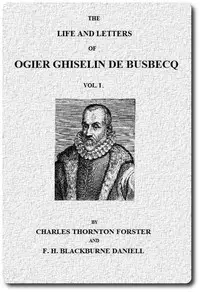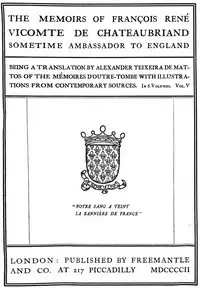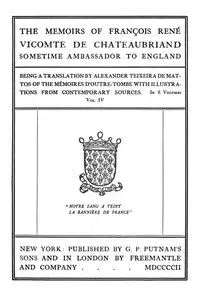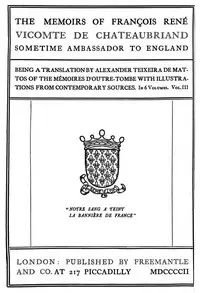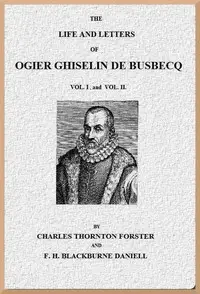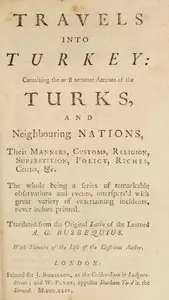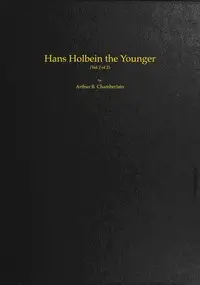"The Life and Letters of Ogier Ghiselin de Busbecq, Vol. 2 (of 2)" by Ogier Ghislain de Busbecq is a compilation of letters from a Flemish ambassador offering a window into the world of French politics and society in during the late 1500s during the reign of King Henry III. The book shares historical information about significant events of the time, from diplomacy, including the queen's financial matters, to health scares involving important people, and the effects of conflict within France. The letters also discuss the writer's journey, describing his travels from Speyer despite challenges to his health, and describes his meetings with the French royal family and discussing the desire for peace. These letters showcase Franco-Flemish relations, the shaky political situation in France, and how friendships affected important peace talks during a time of fighting and the possibility of war.
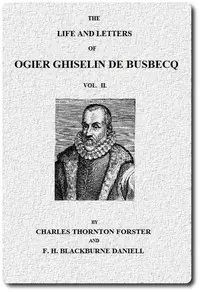
The Life and Letters of Ogier Ghiselin de Busbecq, Vol. 2 (of 2)
By Ogier Ghislain de Busbecq
Read personal letters revealing royal interactions, health concerns, and peace talks amidst a nation struggling with civil conflict.
Summary
About the AuthorOgier Ghiselin de Busbecq, sometimes Augier Ghislain de Busbecq, was a 16th-century Flemish writer, herbalist and diplomat in the employ of three generations of Austrian monarchs. He served as ambassador to the Ottoman Empire in Constantinople and in 1581 published a book about his time there, Itinera Constantinopolitanum et Amasianum, re-published in 1595 under the title of Turcicae epistolae or Turkish Letters. His letters also contain the only surviving word list of Crimean Gothic, a Germanic dialect spoken at the time in some isolated regions of Crimea. He is credited with the introduction of tulips into Western Europe and to the origin of their name.
Ogier Ghiselin de Busbecq, sometimes Augier Ghislain de Busbecq, was a 16th-century Flemish writer, herbalist and diplomat in the employ of three generations of Austrian monarchs. He served as ambassador to the Ottoman Empire in Constantinople and in 1581 published a book about his time there, Itinera Constantinopolitanum et Amasianum, re-published in 1595 under the title of Turcicae epistolae or Turkish Letters. His letters also contain the only surviving word list of Crimean Gothic, a Germanic dialect spoken at the time in some isolated regions of Crimea. He is credited with the introduction of tulips into Western Europe and to the origin of their name.

